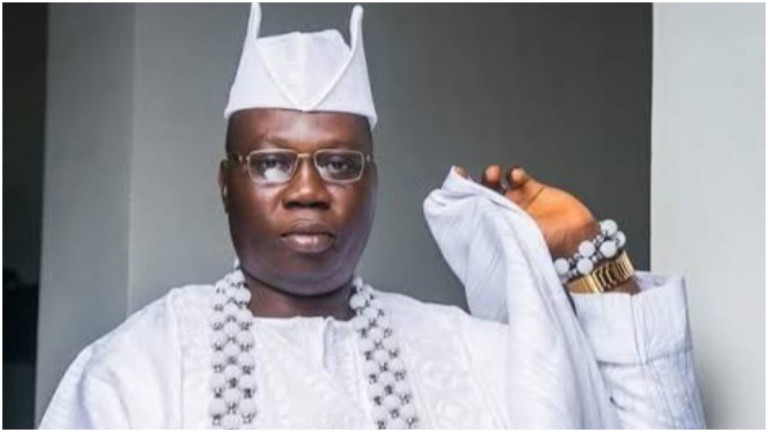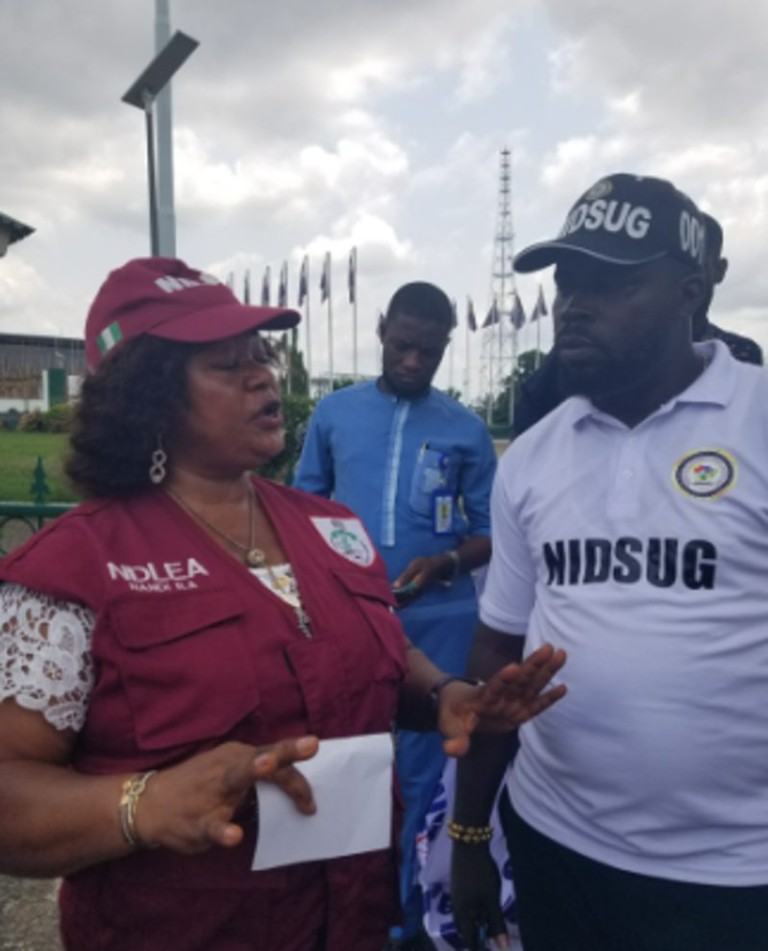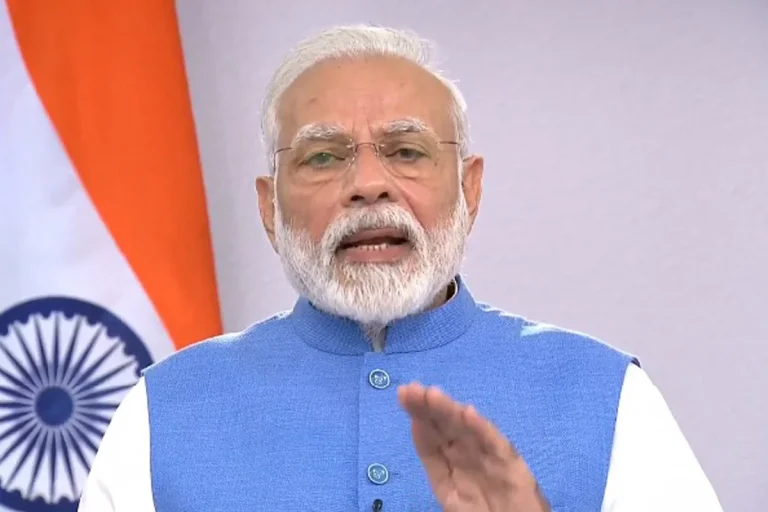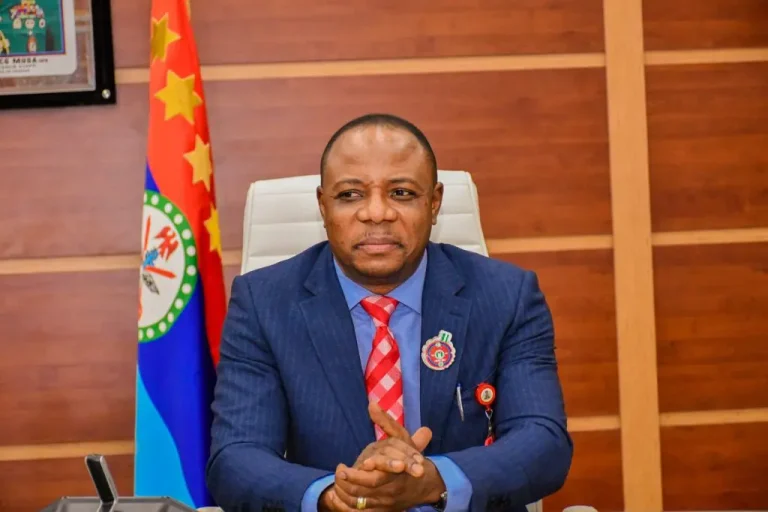Andrew Tate, the controversial social media figure, is now facing a lawsuit filed by his ex-girlfriend, Brianna Stern, accusing him of sexual assault, battery, and gender violence. The lawsuit, filed in Los Angeles, alleges that their relationship, which initially seemed promising, quickly turned abusive, both emotionally and physically. Stern claims that during an encounter on March 11 at The Beverly Hills Hotel, Tate assaulted and threatened her. The lawsuit describes the abuse as part of a broader pattern of manipulation and grooming that began when Stern met Tate in Romania in the summer of 2024.
Stern claims Tate initially portrayed himself as caring and generous, telling her she wouldn’t have to work if they were together. However, she alleges that his behavior soon became degrading, with Tate reportedly referring to her as his “property” and subjecting her to verbal abuse. The lawsuit describes a violent incident at the hotel where Tate allegedly beat, choked, and threatened to kill her during what began as a consensual sexual encounter. Stern states that during this incident, she cried for him to stop, and the pressure on her neck nearly caused her to lose consciousness. Afterward, she claims Tate messaged her, threatening that she would “regret it” if she ever betrayed him.
The lawsuit also details Stern’s efforts to leave the situation safely, seeking medical attention later and being diagnosed with “post-concussion syndrome.” She is requesting a restraining order, punitive damages, and hopes that the lawsuit will stop Tate’s alleged pattern of abusing women.
Tate’s attorney, Joseph McBride, has denied the allegations, dismissing them as a “blatant cash grab” and accusing Stern of making the claims for “money and attention.” McBride also criticized Stern’s attorney, Tony Buzbee, who is representing several victims of sexual assault, including those against music mogul Sean “Diddy” Combs. Tate has not made any public comment on the lawsuit yet.
This legal action comes amidst ongoing legal challenges for Andrew Tate in multiple countries, including his arrest in Romania in 2022 on charges of forming a criminal organization and facing rape charges. Additionally, both Andrew and his brother Tristan Tate have been accused of sexual assault in the U.S. and the UK, though neither has been convicted of any crimes.
The lawsuit reflects a broader pattern of legal and social controversies surrounding Tate, known for his inflammatory and misogynistic views on social media.




















